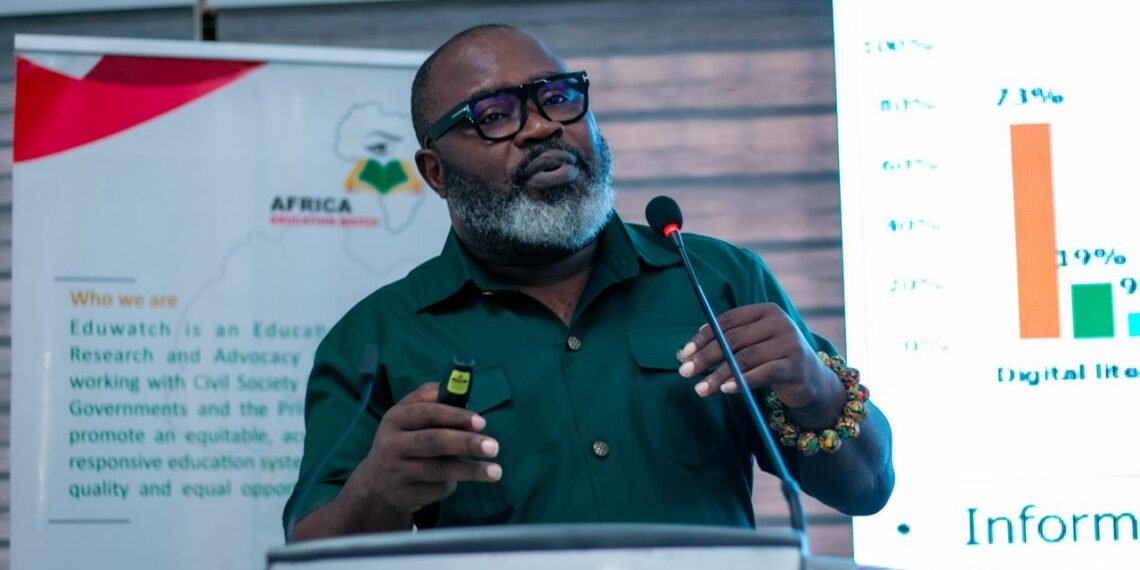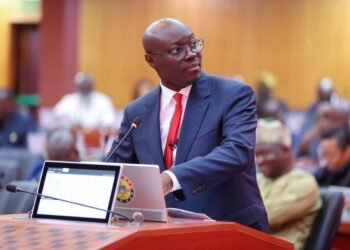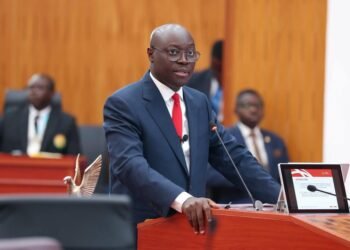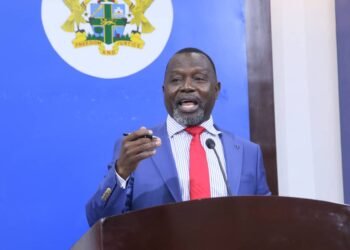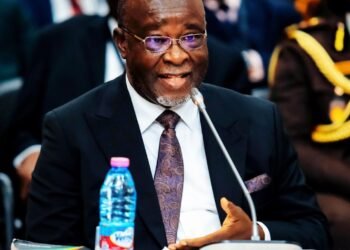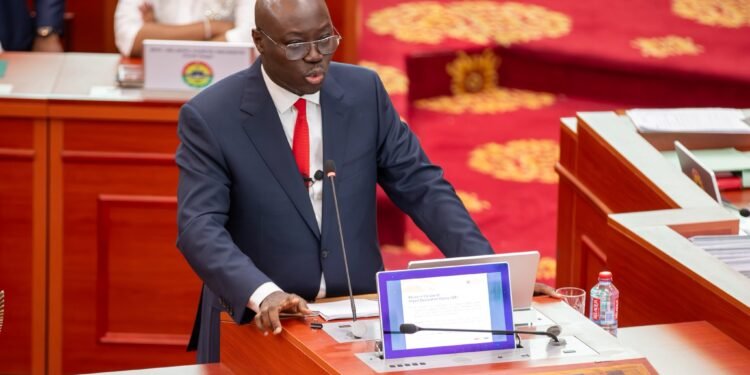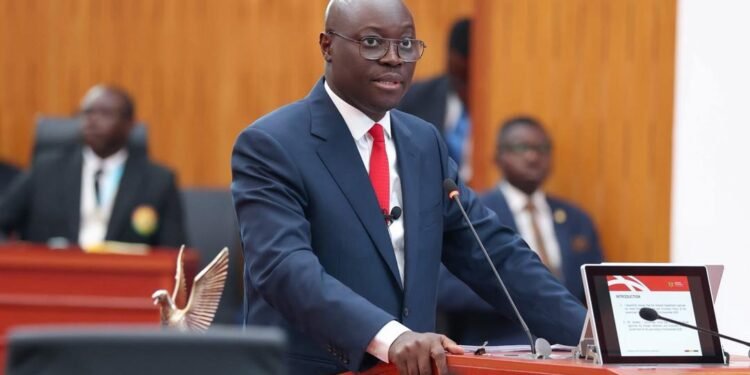The Executive Director of Africa Education Watch (Eduwatch), Kofi Asare, has raised serious concerns about the government’s controversial Free Wi-Fi project for Senior High Schools (SHSs), Colleges of Education (CoEs), and Ghana Education Service (GES) offices, describing it as a costly and poorly managed initiative that failed to deliver value to the Ghanaian taxpayer.
According to Asare, findings from the Auditor-General’s report, which confirmed Eduwatch’s user satisfaction survey, revealed that out of 224 educational institutions and offices sampled across the country, every single one had made alternative internet arrangements despite the government’s Free Wi-Fi intervention, which cost the public purse more than GHS400 million.
The reason, he said, was simple but alarming—poor service quality. He noted that this poor performance rendered the service practically unusable for both administrative work and teaching.
He explained that the survey corroborated a previous Eduwatch study conducted in 100 schools, where an astonishing 83% reported not having functional internet access for up to a year.
“Perhaps this explains why some CoEs charge(d) students for internet, even though government spent GHC 430 million on the Free WiFi project between 2020 and 2023.”
Executive Director of Africa Education Watch (Eduwatch), Kofi Asare
He criticized the Ministry of Education (MoE) for failing to establish proper monitoring systems and performance indicators for a project of such national importance.

He urged that if the current government intends to reintroduce a similar program, the Education Minister must “personally read and ponder over pages 23 to 62 of the Auditor-General’s report” before taking any decision.
The Free Wi-Fi Project
The Free Wi-Fi project was initiated by the Ministry of Education in 2019 to enhance ICT access in schools and support digital learning under the Free SHS policy. The MoE contracted Busy Internet Ghana Limited through a single-source procurement arrangement valued at an initial GHS84.4 million, with a recurring monthly cost of GHS6.37 million for five years.
In May 2023, the agreement was amended, and the remaining contract period was reassigned to Lifted Logistics Ghana Limited, with the monthly cost revised upward to GHS11.55 million. Between February 2020 and October 2023, total payments to both companies reached GHS430.5 million.
However, the Performance Audit Report of the Auditor-General on Computerized Financial and Electronic Systems exposed glaring lapses in project governance, contract management, and monitoring mechanisms within the Ministry of Education.
The report stated that the Ministry had no formal written policies or procedures on how to administer and manage the implementation of the Wi-Fi contract. It lacked defined roles and responsibilities for monitoring service performance or ensuring acceptable use of the internet services.

Crucially, there were no key performance indicators (KPIs) to assess whether the massive ICT investment was improving teaching and learning outcomes.
No Evidence of Internal Technical Capacity
Furthermore, the Auditor-General found no evidence that the Ministry expanded its internal technical capacity in proportion to the expenditure incurred. There was also no implementation plan or clearly assigned responsibilities for school administrators, ICT coordinators, and MoE IT staff to monitor vendor performance.
The report concluded that this “lack of internal capacity improvement in MoE’s IT Department created a continuous reliance on the vendor,” leaving the Ministry largely passive in the project’s execution.
While acknowledging that the idea of providing internet connectivity to schools was “laudable,” the Auditor-General said the absence of a clear implementation plan or governance framework “undermines value for money in the investment being made.”
The report recommended that the Ministry develop a comprehensive implementation plan with measurable performance indicators, establish a contract risk management framework, and strengthen its internal ICT capacity to reduce vendor dependence.
Equally troubling were the findings on governance. Although the MoE established a Connectivity Committee to oversee the project, the Auditor-General found no documented terms of reference defining its role.
Minutes of committee meetings focused almost exclusively on reviewing and certifying vendor invoices, rather than evaluating service quality or performance.
The report warned that such weak ICT governance “could hinder the Ministry’s efforts to optimise monitoring systems, prevent duplication of efforts, and align ICT investments with government objectives to aid teaching and learning.”

It called on the MoE to reconstitute its ICT governance committee, develop a charter outlining its functions, and ensure regular meetings and proper documentation to enhance accountability and oversight.
Eduwatch’s findings, combined with the Auditor-General’s revelations, paint a picture of a project that not only fell short of its intended purpose but also raised serious concerns about wasteful expenditure and ineffective oversight.
The Free Wi-Fi saga thus stands as another reminder of the high cost of weak governance in Ghana’s public sector—where good ideas often collapse under the weight of poor implementation.
READ ALSO: Mining Consultant Urges Clear Legislative Direction as Parliament Moves to Revoke LI 2462

